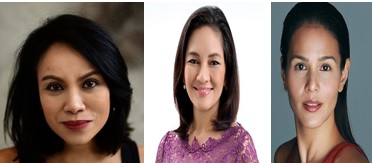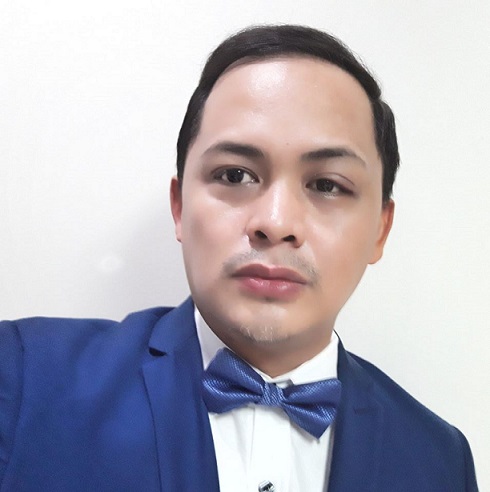
Women’s Rights advocates: Journalist Ana Santos, Sen. Risa Hontiveros and She Talks Asia co-founder Iza Calzado
During the lockdown that has been a consequence of the Covid-19 pandemic, another monster reared its head. Incidences of rape and domestic violence went up during this period as women and girls were trapped in the home with their abusers.
Recently, Avon Philippines took up the cause of women and girls by partnering with She Talks Asia for #SpeakOut Online Tribe Meet Up via Zoom. In a press statement, it quoted the Philippine National Police as stating 602 rape cases had been reported nationwide from March 17 to May 23.
She Talks Asia co-founder Iza Calzado kicked off the discussion by asking how abusers operate or take advantage of the lockdown.Ces Francisco, Avon’s corporate social responsibility lead, cited the forms of physical and economic abuse that manifested itself during the lockdown: depriving a woman of a small matter like disinfectant, depriving her of the freedom to fix herself, preventing her from going out, instilling fear in her heart because of the pandemic.
As part of Avon’s campaign against domestic violence, the company has allotted P4.5 Million to support help lines in four non-governmental organizations in Manila, Angeles in Pampanga, Dumaguete and Davao Cities. These NGOs and their contact details are:
Calzado said these groups help the domestic violence and rape survivor speak out to somebody in confidence about their condition. It is part of the campaign that is hash-tagged as #IsolatedNotAlone.
Journalist Ana Santos called for a broader definition of domestic violence to include intimate partner violence or violence even committed by an ex-partner or paramour. She said it was difficult to talk about the issue because it involved someone you trusted, were in love with or hinged your dreams on.
She also defined abuses as taking the form of withholding financial support, diminishing a woman’s self-worth until she becomes so dependent on the abusive partner.
Sen. Risa Hontiveros, a gender equality advocate, said when you’re in quarantine, you presume that you’re safe, but the numbers show otherwise. The numbers may even be underestimated.
She is aware that survivors, when they’re able to successfully contact authorities, may be up against personnel who aren’t gender sensitive. At the very least they can expect a written report. The police or the Katarungang Barangay can do the full investigation , the minimum requirement to seek redress of grievance.

Romeo Cabarde Jr., chair of the board of trustees of Luna Legal Resource for Women and Children
Lawyer Romeo Cabarde Jr., chair of the board of trustees of Luna Legal Resource for Women and Children, said what hindered the reporting of domestic violence was how many women still romanticize their relationships. He has heard women tell him, “Siya lang lumingon sa akin nung college, hindi ko kayang maiwan (he was the only one who looked at me in college, I cannot bear to leave him).”
He said women would also worry about their children’s welfare even if it is not in the best interest of the young ones to see their parents quarrel every day or nearly kill each other. Because of their economic dependence on men, they blame themselves for being beaten up.
Cabarde said women find themselves in a community that doesn’t support them when they want to leave an abusive situation. Their parents would say, “Pinasukan mo yan. Panindigan mo (You entered into that situation willingly. Stand by it).” The church authorities would say, “What God has joined together, let no man put asunder.” Or well-meaning friends would advise, “Tiis lang, friend (Just bear it).”
The lawyer said it was important to change thought constructs. He said you must “believe that as a woman and as a person, you are entitled to all human rights.” There must be belief that one is worthy of respect and doesn’t deserve violence.
Santos agreed that mind-sets must be changed among parents that girls don’t deserve to be hit and boys must be raised not to hit. Gender stereotypes must be broken, adding that “there must be no place for violence in love.”
She added that it takes a woman a long time before she can report violence in her home. “It’s hard to come out and talk to people. You need people who’ll understand you, not judge you.”
Hontiveros is for the overturning of sexism, misogyny, patriarchy and saying no to biological determinism “that girls should behave a certain way. It’s time to break this false and destructive dichotomy. It’s time to turn the bias around. No woman deserves to be treated as less than human.”